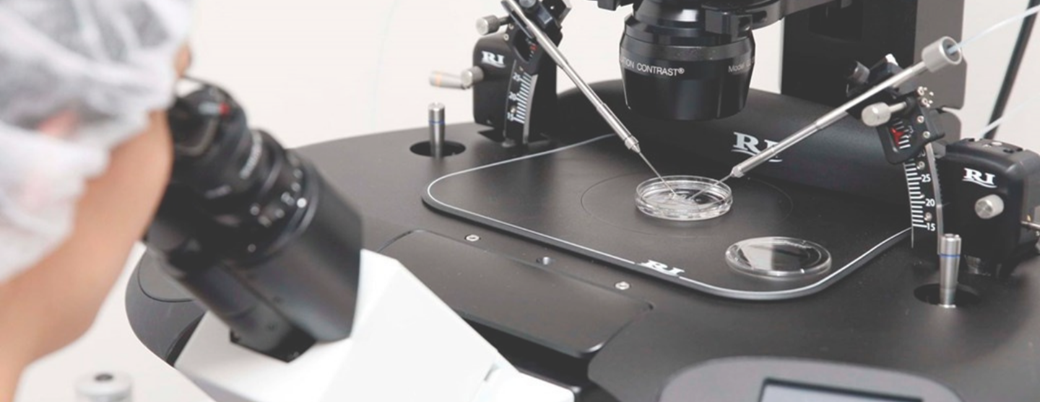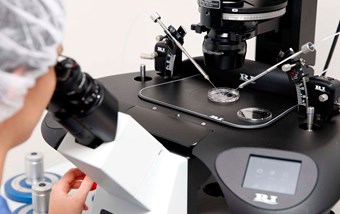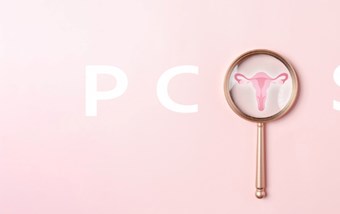Before you start making the big decisions though - such as choosing between IVF or ICSI treatment - it is important you have done your research and do not feel you are about to rush into anything.
As highlighted in these 11 fertility facts, 80-90% of couples will fall pregnant within a year, without the need for assisted reproduction.
If, however, if you have been trying to conceive for over two years we’d recommend calling a member of the abc ivf team, or booking an Ultrasound Scan & Consultation - this will provide a detailed insight into your fertility, will help inform you if you need fertility treatment and if so, which fertility treatment is best for you.
What is the difference between IVF and ICSI?
Two of the most common fertility treatments are In Vitro Fertilisation (IVF) and Intracytoplasmic Sperm Injection (ICSI). The key difference between IVF and ICSI is how the sperm fertilises the egg. In IVF, the egg and sperm (of which there are multiple) are left in a petri dish to fertilise on their own. In ICSI, one sperm is directly injected into the egg.
It is important you do not confuse these treatments with Intra-Uterine Insemination (IUI); the process whereby a sperm is inserted into a woman’s womb at the most fertile point in her menstrual cycle. Whilst IUI has lower success rates than IVF and ICSI, it is much more simple and is a non-invasive theatre procedure. It is typically recommended to single women and same-sex couples.
Which is better for you, IVF or ICSI?
ICSI will likely be better for you if you are affected by sperm-related infertility, this is because ICSI is the most common and successful treatment for male infertility, as the sperm is given extra assistance. Hence, your doctor may recommend ICSI if the male has:
- a low sperm count
- an abnormal sperm shape or motility, or
- the sperm to be collected surgically (for example, if you have had a vasectomy)
Read more about ICSI on the HFEA website.
IVF is one of the most commonly used and successful fertility treatments, and is suitable for a wide variety of people and a wide variety of fertility issues. Hence, there are different types of IVF for different ages and conditions.
For instance, the abc ivf criteria is best suited to women that are aged 37 or under, have a BMI under 30 and have a good ovarian reserve.
If you are at the start of your fertility journey, we are here to support you. To find out more about the treatment options available to you then book your Ultrasound Scan and Virtual Consultation with us.




